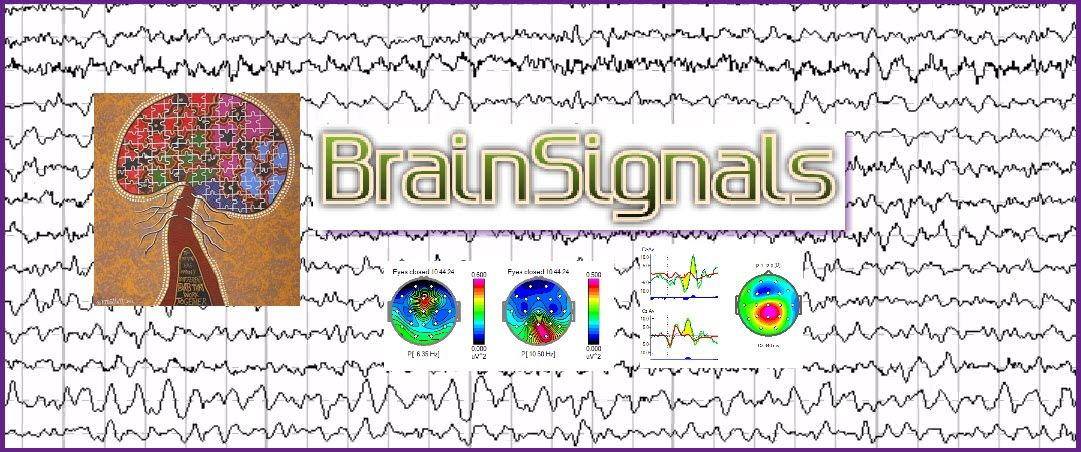

Event Related Potentials mentoring group
with Prof. Jury Kropotov
ERPs as Windows to the brain and functional neuromarkers of brain health and function
We are looking at the brain through different windows. One of them is spontaneous scalp-recorded potentials - EEG. It tells us how the cortex is self-regulated and guides protocols of therapeutic interventions and neuromodulation modalities.
But often no deviations from the healthy controls are found in patients with severe brain dysfunctions. In such cases event-related potentials is the only option to define the objective index of the brain dysfunction and to guide the construction of other neuromodulation techniques such as Transcranial Magnetic Stimulation (TMS), Transcranial Direct and alternative current stimulation (tDCS, tACS), Photobiomodulation.
What are ERPs?
Event Related Potentials (ERP) are scalp recorded brain potentials in response to repeated events performed by the patients during continuous performance tasks. (published in more than 150.000 papers)
Basic Research shows that different components of ERPs (such as N1, P1, MMN, N170, P300, CNV etc.) reflect different psychological operations (such as detection and recognition of the stimulus, detection and monitoring of cognitive conflict, decision making, inhibition of irrelevant action etc.). Clinical research shows that different categories of brain disorders are associated with specific profiles of ERPs impairments.
Event Related Potentials as Functional Neuromarkers
please visit the dedicated page: Functional Neuromarkers for Precision Medicine
HBI med company provides clinical tools for assessment of both spontaneous EEG and ERPs in patients by comparing the QEEG/ERP parameters with the normative and patient databases.
mentoring group details
Jury Kropotov has developed a unique methodology for obtaining and analysing brain electric signatures in response to specific events or stimulus.
In this group he is going to teach participants how to apply this methodology step by step for clinical work, research and neuromodulation practice.
The group is going to meet regularly for two hours. During the meeting Jury will present different topics and then provide demonstrations how to process EEG and ERPs and extract relevant components that serve as Neuromarkers in each individual case.
Neuromarkers are very valuable tools in Mental Health , Psychiatry and Neurology, as well as Allied Health and can aid diagnostic process with a more precise informationIn this group you can learn how to apply Event Related Potentials as Functional Neuromarkers in your clinical work and neuromodulation practice.
You can watch now the first meeting recording:
The registration is now open for 2025 round of meetings:
BrainSignals 2025 ERPs mentoring grand round with Prof. Juri Kropotov
You can register on a monthly basis too.
Our next meeting topic
ERPs for beginners: review of basics
Wednesday February 05
18:00-20:00 pm
AEDT (Sydney, Australia time)
for all inquiries please contact the organiser
Another channel for communication is our